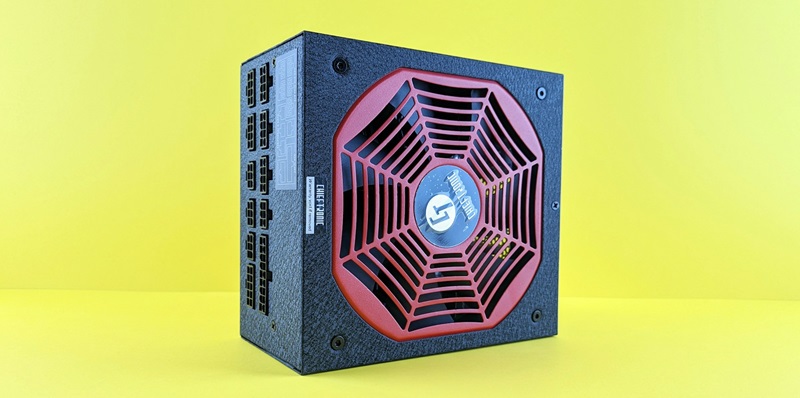As the computing and gaming landscapes evolve, requiring more powerful and efficient systems, MSI has stepped up with their new line of power supplies designed for high-performance PCs. The MAG A series, which includes the A1250GL and A1000GL models, is engineered to meet the rigorous demands of today’s power-hungry applications. With their 80 Plus Gold certification, these power supplies promise to deliver not just power, but also efficiency and reliability, meeting the needs of even the most enthusiastic gamers and professionals. Let’s explore how these new power supplies from MSI can propel a high-performance PC to its full potential.
Optimized for the Latest Hardware
MSI’s MAG A series power supplies are not just powerful—they are forward-compatible. They are designed according to the latest ATX 3.1 standard, making them an ideal choice for future-proofing your system. With the additional support for the new 12VHPWR connectors, they are particularly suited for NVIDIA’s GeForce RTX 40 series GPUs, ensuring compatibility and performance for cutting-edge technology.
Features Focused on Reliability and Performance
Performance is only one part of the equation. Reliability and durability are just as crucial, and this is where the MSI MAG A series shines. A slew of integrated safeguards such as OVP, OCP, OPP, OTP, SCP, and UVP protect your investment, while advanced cooling and noise reduction technologies ensure that your system operates efficiently and quietly. The full-bridge topology and robust internal components further guarantee a stable power output under all conditions.
In conclusion, MSI’s new power supplies are poised to become the backbone for high-performance PCs, delivering the power, efficiency, and reliability that gamers and professionals demand. With the MAG A series, your system will be ready to handle all the challenges of the next generation of computing.

